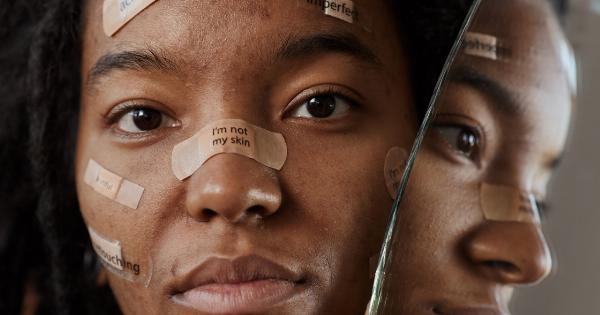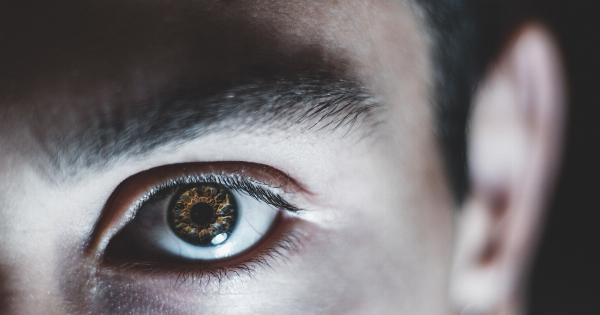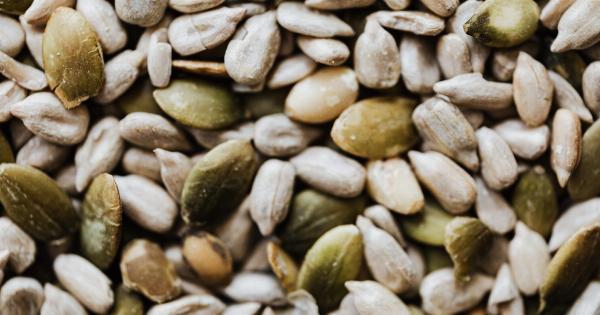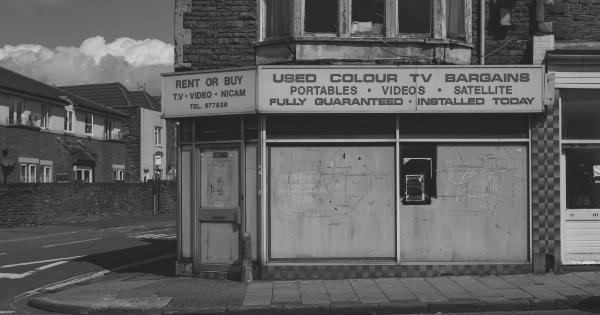Acne is a common and distressing skin condition that affects many people worldwide. Although it is often associated with adolescence, acne can also affect adults, particularly men.
In fact, male adult acne is becoming an increasingly prevalent problem, affecting up to 15% of men in their 30s and 40s. In this article, we explore the causes, symptoms and treatments of male adult acne.
What causes male adult acne?
Acne occurs when the hair follicles on the skin become clogged with oil and dead skin cells, leading to the formation of pimples, blackheads, and whiteheads.
The exact cause of acne is not clear, but it is believed to be triggered by several factors, including:.
Hormones
Hormonal imbalances are a common cause of acne in both men and women. Testosterone is a male hormone that stimulates the production of oil in the skin, and excessive levels of this hormone can cause the skin to produce too much oil, leading to acne.
Diet
Your diet can also affect your skin, and consuming foods that are high in sugar, dairy, and processed foods can trigger acne breakouts in some people.
Stress
Stress can also play a role in the development of acne, as it triggers the release of hormones that can cause the skin to produce more oil.
Genetics
If your parents or siblings have had acne, you are more likely to develop it too.
What are the symptoms of male adult acne?
The symptoms of male adult acne are similar to those of teenage acne, and typically include:.
Pimples
Red, raised bumps on the skin, often with a white or black head.
Blackheads
Small, dark bumps that form when the hair follicles become clogged with oil and dead skin cells.
Whiteheads
Small, white bumps that form when the hair follicles become clogged with oil and dead skin cells.
Cysts
Large, painful lumps that form under the skin and can cause scarring.
How is male adult acne treated?
The treatment of male adult acne will depend on its severity and underlying cause.
Mild acne can often be treated with over-the-counter skincare products that contain benzoyl peroxide, salicylic acid, or alpha hydroxy acids (AHAs) to unclog the pores and reduce inflammation.
If your acne is more severe, your doctor may prescribe prescription-strength topical or oral medications, such as antibiotics, retinoids, or hormonal therapies. These treatments can help to clear up your acne and prevent future breakouts.
In addition to medication, there are several other things you can do to manage your male adult acne:.
Keep your skin clean
Wash your face twice a day with a gentle cleanser to remove excess oil and dead skin cells.
Maintain a healthy diet
Eat a diet that is rich in whole foods, such as fruits, vegetables, and lean proteins, and avoid processed and sugary foods that can trigger acne breakouts.
Avoid picking or squeezing your pimples
Doing so can cause the bacteria to spread and can lead to scarring and pigmentation.
Reduce stress
Practice stress-reducing activities, such as yoga, meditation, or deep breathing exercises to help manage your cortisol levels and reduce your risk of acne.
The bottom line
Male adult acne is a growing problem that can be distressing and affect your self-esteem. However, with proper treatment and self-care, most cases of acne can be successfully managed.
If you are struggling with acne, talk to your doctor about the best treatment options for you.



























